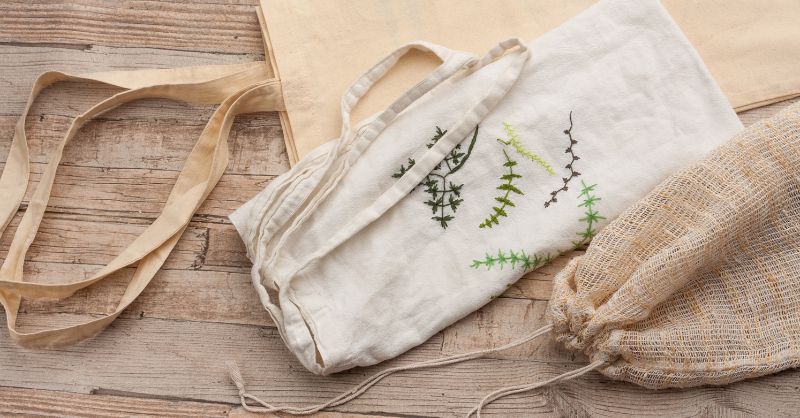Textile Industry Waste: Sustainable Solutions for a Greener Future
27 July, 2023

Textile Industry Waste has become a growing concern in recent times, as the global fashion industry continues to expand exponentially. With the ever-changing trends and consumer demands, textile waste is piling up at an alarming rate, posing significant environmental challenges. However, amid these concerns, there is a ray of hope as innovative recycling solutions and waste management practices are emerging to tackle this issue head-on.
The Textile Recycling industry has been gaining traction in recent years, offering an eco-friendly alternative to conventional waste disposal methods. Textile recycling involves the reprocessing of old and discarded textiles to create new products or materials. This process not only reduces the burden on landfills but also conserves natural resources and decreases greenhouse gas emissions.
Waste Management is a critical aspect of the textile industry, where companies are now taking proactive steps to minimize their environmental impact. Implementing waste management practices ensures that textile waste is sorted efficiently, and reusable materials are salvaged, while non-recyclable waste is disposed of responsibly. Companies are increasingly adopting circular economy models to keep textiles in use for as long as possible, thus reducing the overall waste generation.
Recycling Solutions are at the forefront of efforts to combat textile industry waste. Various companies have developed cutting-edge technologies to recycle textiles into new, high-quality products. For instance, some innovative firms have created processes to convert old garments into fibers that can be used to produce new clothing items. These solutions not only help in waste reduction but also contribute to a more sustainable fashion industry.
Another essential aspect of addressing textile waste is Waste Reduction. Many brands are now focusing on designing durable and long-lasting products that stand the test of time. By creating quality products, the need for frequent replacements decreases, leading to less textile waste in the long run. Furthermore, initiatives like rental and second-hand clothing platforms are gaining popularity, encouraging consumers to reuse textiles and reduce their overall environmental footprint.
The textile industry has been witnessing a paradigm shift towards sustainability and circularity. Consumers are becoming more conscious of the environmental impact of their choices, leading to an increased demand for eco-friendly products. Consequently, many brands are now incorporating sustainable practices into their production processes.
In recent times, the concept of Product Sourcing has been gaining prominence within the textile industry. Product sourcing involves procuring materials and textiles from suppliers who follow ethical and sustainable practices. Brands are partnering with suppliers that use recycled or organic materials, ensuring that their products have a reduced environmental impact.
Moreover, governments and non-governmental organizations are playing a crucial role in driving positive change within the textile industry. They are introducing stringent regulations and policies to promote sustainable practices and discourage wasteful production. Additionally, various awareness campaigns and educational initiatives are being conducted to enlighten consumers about the environmental consequences of textile waste.
As the textile industry moves towards a greener future, collaboration between stakeholders is key. Brands, manufacturers, suppliers, and consumers must work together to create a more sustainable and responsible fashion ecosystem. Through joint efforts and innovative approaches, the textile industry can significantly reduce its environmental footprint and pave the way for a more sustainable future.
Textile Industry Waste is a pressing issue that requires immediate attention. However, the industry is not sitting idle; rather, it is actively seeking sustainable solutions to combat this challenge. With the adoption of recycling practices, efficient waste management, and a focus on waste reduction, the textile industry is taking positive strides towards a more sustainable and environmentally friendly future. As consumers, we can contribute to this endeavor by making conscious choices and supporting brands that prioritize sustainability. Together, we can create a greener and cleaner world for generations to come.
TAG(s):
